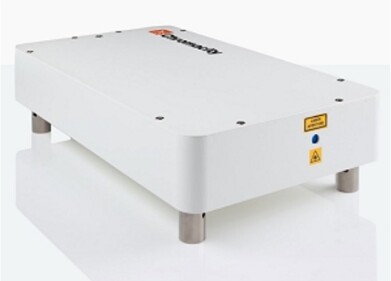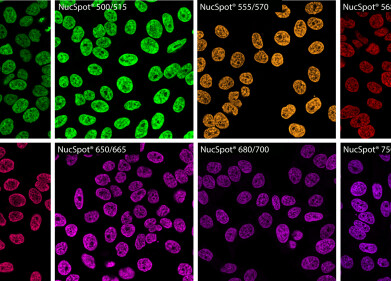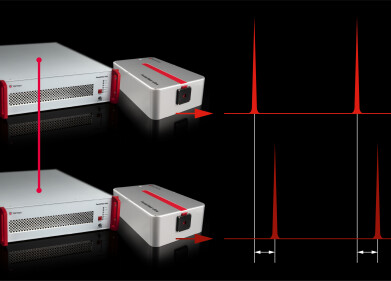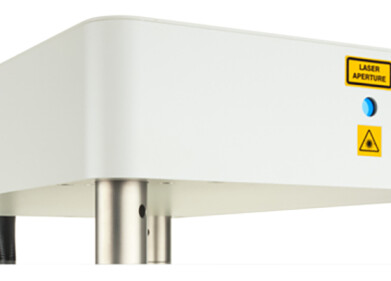Microscopy & Microtechniques
Could Robots Replace Lab Rats?
Nov 13 2019
In a breakthrough that has won praise from animal activists and scientists around the world, a pair of researchers from the Florida Atlantic University in Boca Raton are championing robots as an alternative to lab rats. Led by cognitive psychologist Elan Barenholtz and computer scientist William Hahn, the study explores how robots equipped with artificial intelligence could step in as replacements for rodents used during classic psychology experiments.
Introducing "robopsychology"
Equipped with cameras, the laptop-size robots can actively sense their environments and use this information to move through them and make decisions. They do this using internal computers featuring neural networks inspired by the mechanics of the human brain. Barenholtz and Hahn call the concept "robopsychology" and claim the AI robots have the capacity to simulate functions performed by the human brain and carry out complex cognitive functions.
The pair presented their findings at the recent American Psychological Association’s Technology Mind & Society Conference, with Hahn explaining "What we want is the organism itself to guide its own behavior and get rewards."
Training robots with behaviour reinforcement
Barenholtz says the robots are already simulating results from the classic B. F. Skinner experiment that saw a pigeon placed in a cage and administered an electric shock for visiting certain corners. Unsurprisingly, the pigeon quickly learned to avoid the areas it was electrocuted. By placing an AI robot in a box with coloured walls, then rewarding the robot with positive feedback for facing in certain directions, Barenholtz and Hahn were able to replicate the landmark B. F. Skinner experiment.
"We were asking whether we could get this kind of robot to engage in a behaviour just based on reinforcement. We’re never telling it, “This is the right thing to do.” Instead, we’re just allowing it to explore, given, “Here’s my camera input, here’s my behavior, is there an outcome - do I get rewarded?" explains Barenholtz.
Next, the team hope to present more complex tasks that call for the robot to complete a multistep process. Rather than simply rotating on its axis to face the correct wall, it would need to travel to several different locations in the right order before receiving a reward. "Even something as simple as that, in a small space, is extraordinarily difficult," says Barenholtz, referring to the complexities of working with AI and simulating the cognitive process.
Phasing out lab animals
As well as championing artificial intelligence, Barenholtz and Hahn see the study as a major leap forwards for phasing out certain kinds of animal research.
"That’s been one of our motivations," says Hahn. "If you imagine 100 years from now, are we still going to be running mice in mazes? Probably not."
Want to know more about how new developments are changing the face of modern science? Don't miss 'Lasers Reveal the Secrets of Plant Cell Walls' which spotlights research from STFC’s Central Laser Facility (CLF).
Digital Edition
Lab Asia 31.6 Dec 2024
December 2024
Chromatography Articles - Sustainable chromatography: Embracing software for greener methods Mass Spectrometry & Spectroscopy Articles - Solving industry challenges for phosphorus containi...
View all digital editions
Events
Jan 22 2025 Tokyo, Japan
Jan 22 2025 Birmingham, UK
Jan 25 2025 San Diego, CA, USA
Jan 27 2025 Dubai, UAE
Jan 29 2025 Tokyo, Japan



















